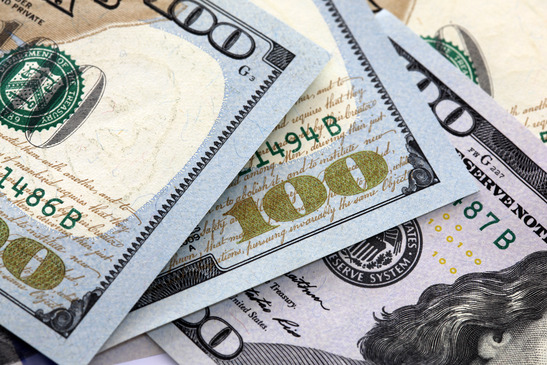 Are you travelling to the Middle-East/Arab Peninsula but not too sure which currency you should be taking with you?
Are you travelling to the Middle-East/Arab Peninsula but not too sure which currency you should be taking with you?
While travelling it is ideal to carry specific currencies in certain regions within the world. The reason being is to hedge against severe market fluctuations, capitalise on exchange rates on offer and remove the hassle finding the right exchange house to convert your money while trying to enjoy your trip.
This blog will provide you with a general idea on which currencies you should accompany you while travelling to the Middle-East/Arabian Peninsula. So, if you are planning a trip soon or would like to know for educational purposes this is the article for you!
The Middle-East and Arabian Peninsula are popular destinations with millions of travellers entering and leaving the region of the world yearly for different purposes such as holidays, pilgrimage, business etc. We will outline a few reasons as to why it is ideal to carry USD while travelling to this region of the world.
- Universally Accepted Currency: The U.S Dollar is the most common currency used alongside the local currencies in this region of the world. You will find that most hotels, businesses or services will also accept USD for payment. Take Lebanon for example, you are able to use USD at restaurants and cafes to pay the bill or even while catching a cab! Just note that your change will most likely be in local currency. However, that shouldn’t be too much of an issue as we will see below in point 2.
- Fixed-Exchange Rate: A common characteristic of the exchange rates in this region of the world it that most of the countries utilize a fixed exchange rate system. These countries include but are not limited to the United Arab Emirates, Saudi Arabia, Lebanon, Jordan etc. This is important to know as it will help you hedge against market fluctuations that will negatively impact the value of your currency. A good example is in the case you travel with Australian Dollars to these regions but the Australian Dollar loses value and depreciated dramatically then you will have to exchange the funds at an exchange house at a lower rate.
- Exchange Rate on Return: Arrived back to Australia and have some foreign currency you’d like to sell? If you are carrying the local currency, then you’ll most likely receive less than what you would if it were US Dollars. Note that the U.S dollar is fixed and a universally accepted currency, hence you will find it easier to sell the U.S dollar and you will receive much more competitive rates. It is also important to note that not all of the local currencies are easy to sell upon your arrival to Australia. Take the Lebanese Pound for example, you will find it extremely difficult to sell it back to foreign exchange shops and you will find most places not willing to even purchase the currency!
So while travelling to the Middle East/Arabian Peninsula it is important to keep the previous points in mind. Just remember, the U.S dollar is a universally accepted currency, is fixed to the majority of the local currencies in the region mentioned and it is also much easier to exchange for better prices!
** This publication should not be considered as either general or personal advice and is only published for educational purposes. It is not tailored to any reader’s financial objectives, goals or needs. If you wish to make a financial investment which suits your financial objectives, kindly seek the advice of a licensed financial advisor. Kindly note information has been collected from sources considered to be reliable, but we do not guarantee their accuracy or completeness.